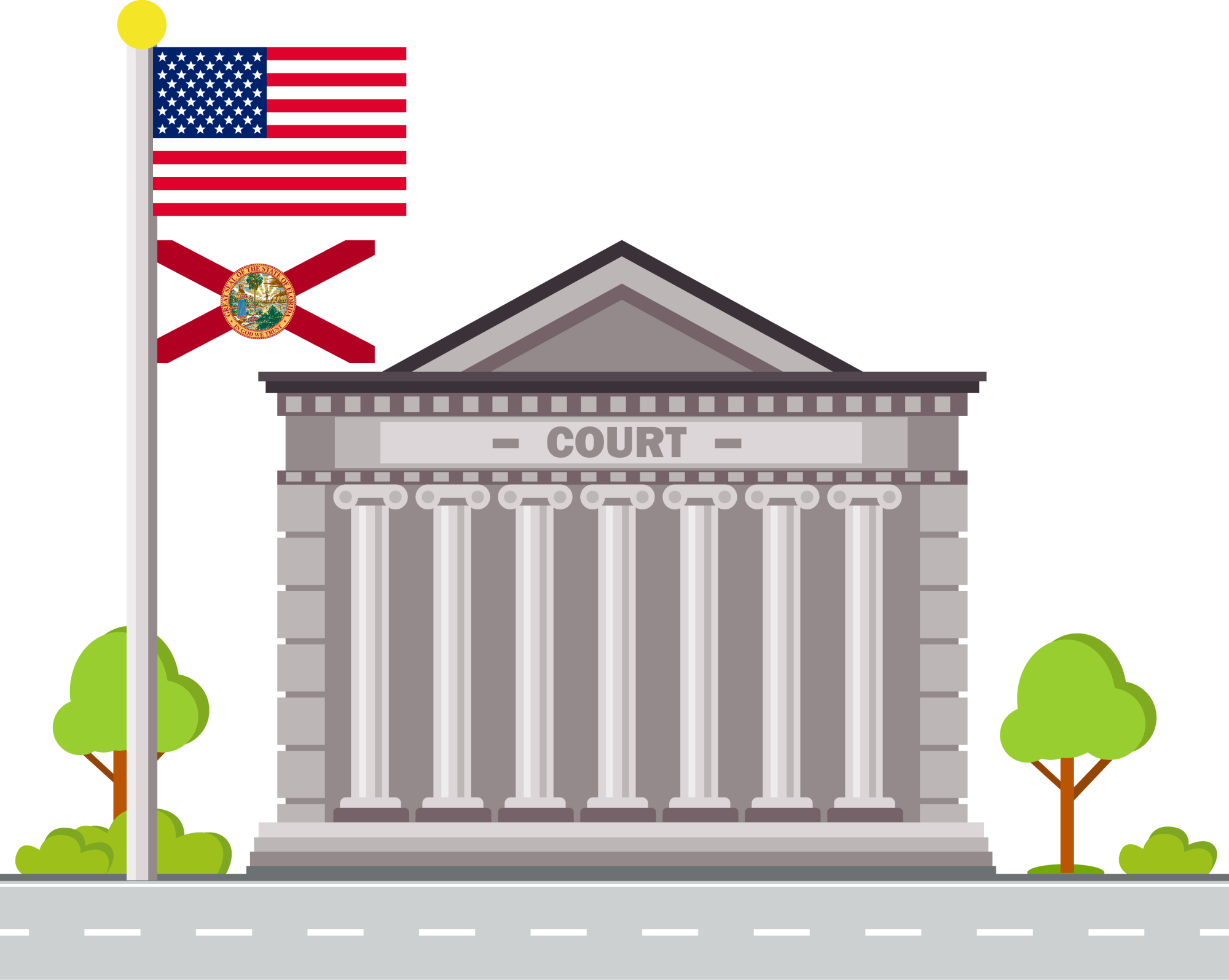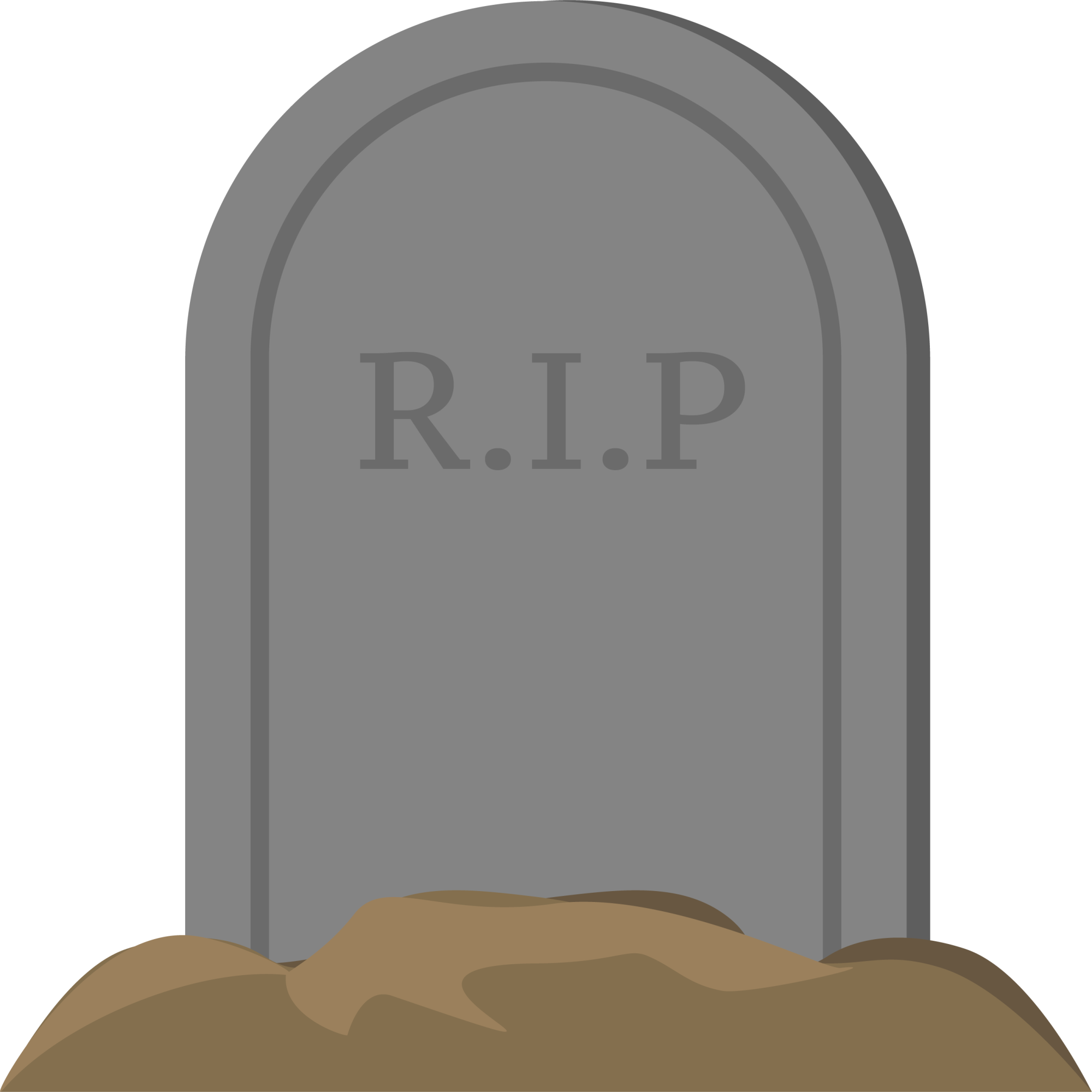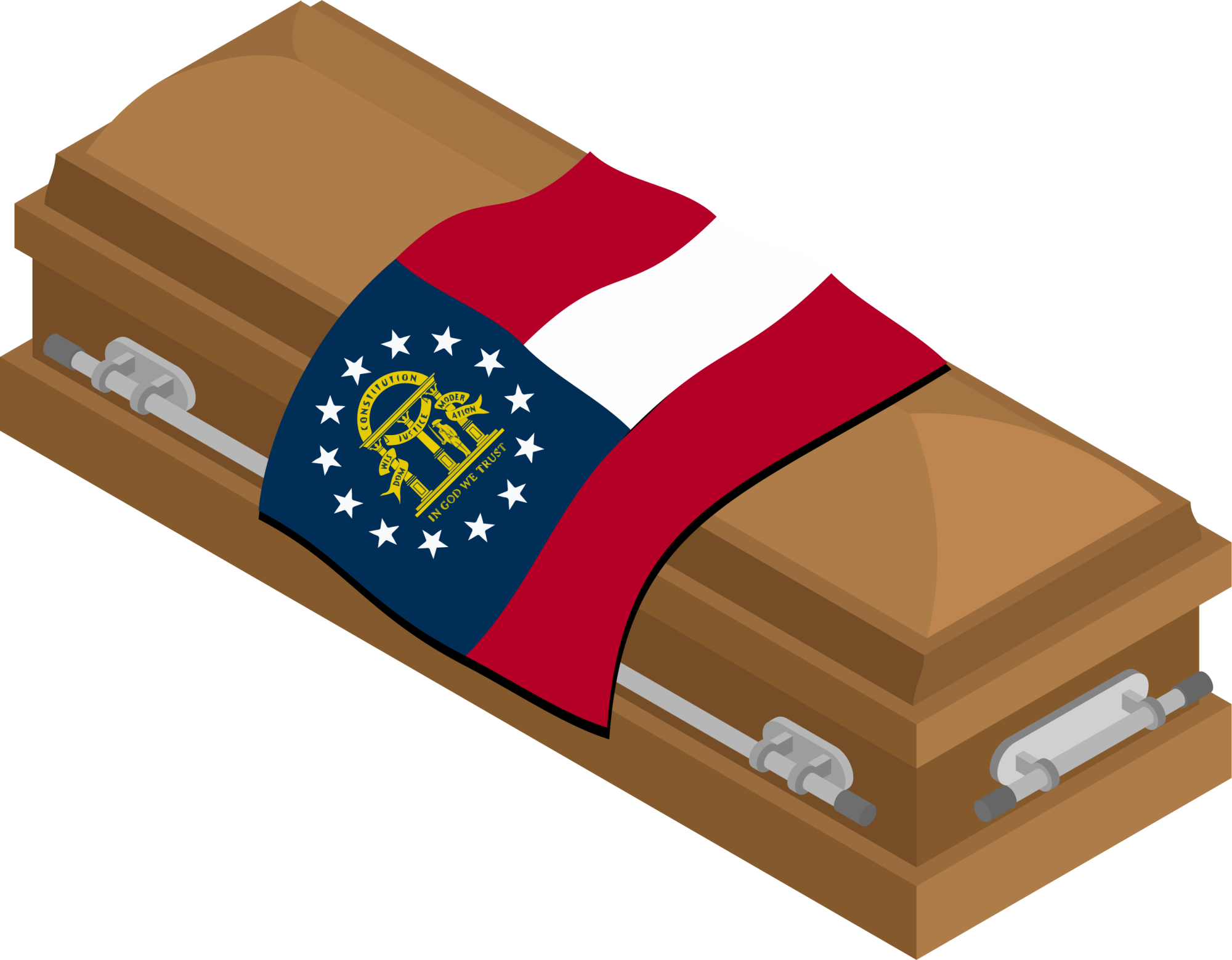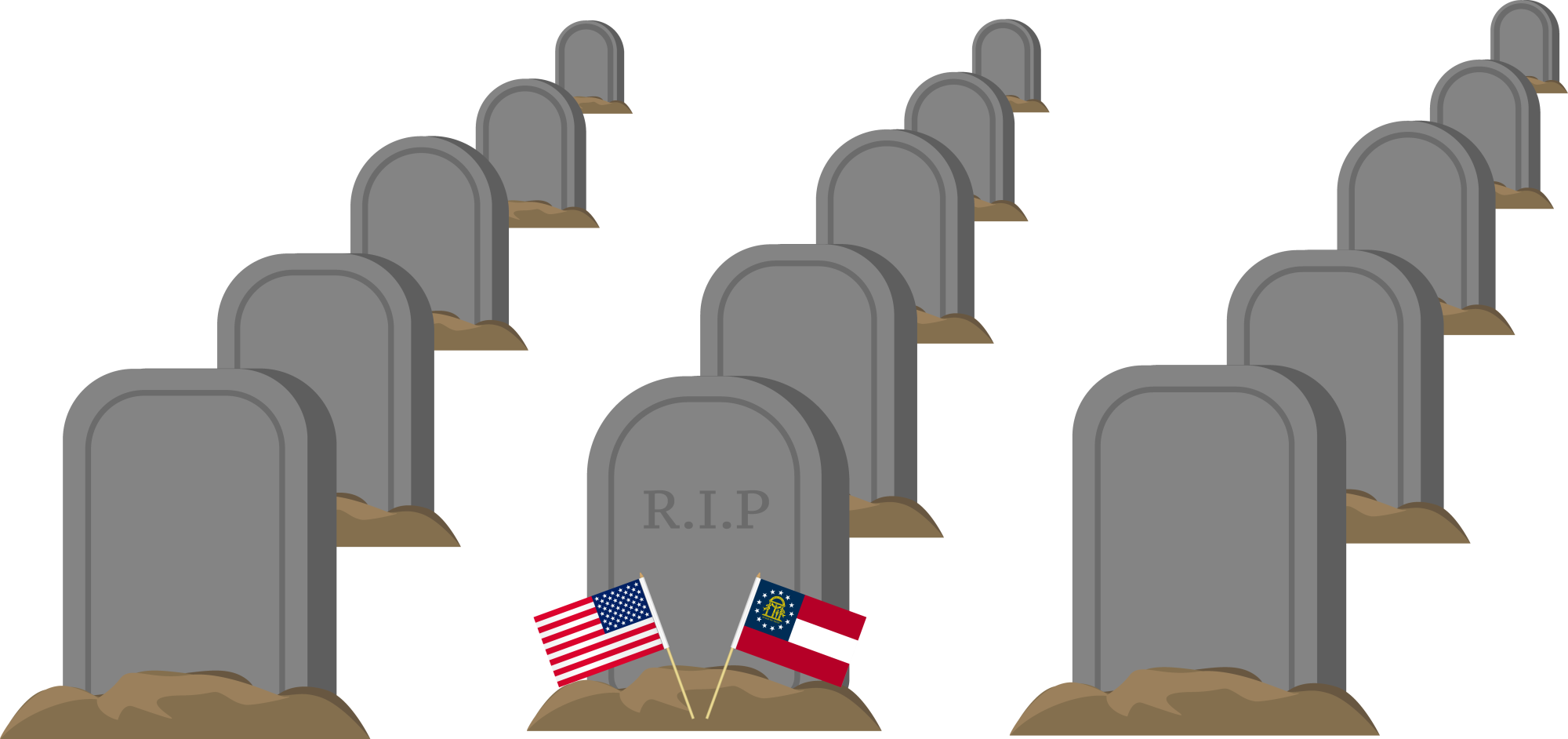What Are Victims Rights of Nursing Home and ALF Abuse
What Damages Are You Entitled to Recover in a Florida or Georgia Nursing Home Abuse Case?
You may be surprised that the victims of nursing home and ALF abuse are entitled to significant damages.
MattLaw® explains what the laws are and how and when nursing home abuse and ALF victims can recover significant damages.
We discuss the attorney fees and costs associated with bringing a claim for nursing home abuse.
We discuss advertising rules and regulations of the Bar and your rights when it comes time to select the best nursing home abuse attorney for your family.

Contents
Your Rights of Recovery of Significant Damages From Nursing Home Abuse in Florida
Chapter #16: What Damages Can be Recovered Under Florida Law for Nursing Home and or ALF Abuse and Negligence
The Death of a Nursing Home Abuse Victim in Florida Can Recover Significant Damages
Chapter #17: Wrongful Death Victims of Nursing Home Abuse Have Rights Under Florida Law
The Death of a Nursing Home Abuse Victim in Georgia Can Recover Significant Damages
Chapter #18: Wrongful Death Victims of Nursing Home Abuse Have Rights Under Georgia Law
Your Rights of Recovery of Significant Damages From Nursing Home Abuse in Florida
Chapter #16: What Damages Can be Recovered Under Florida Law for Nursing Home and or ALF Abuse and Negligence
In Florida:
Living Victims of Abuse or “Survival Action”:
In nursing home and assisted living facility abuse and neglect cases where the abuse or negligence complained of does not result in death, claims may be brought for the recovery of any or all of the following:

- Past and future medical expenses incurred as a consequence of the abuse and/or neglect that we allege they did and caused
- Pain and suffering
- Mental anguish
- Loss of enjoyment of life
- Disability
- Disfigurement
- Aggravation of a previously existing condition
In addition, in some cases claims may be brought for past lost wages (if the resident is younger and/or was still working at the time of injury); loss of future earning capacity (if the resident is younger and/or was still working at the time of injury and will be unable to work in the future); and punitive damages (if the court permits the plaintiff to amend the complaint to add this claim after an evidentiary hearing is held based upon reckless conduct by the nursing home staff and the condoning of the same by the nursing home).
The Death of a Nursing Home Abuse Victim in Florida Can Recover Significant Damages
Chapter #17: Wrongful Death Victims of Nursing Home Abuse Have Rights Under Florida Law
In Florida: Wrongful Death Victims of Nursing Home Abuse
In nursing home abuse and/or neglect cases in which the resident dies as a result of the abuse and/or neglect, a formal estate for the deceased will be opened to bring the lawsuit for wrongful death.

Under Florida Statute section 46.1 a wrongful death action allows the recovery for:
- Pain and suffering the deceased resident experienced due to the complaints of abuse or negligence from the time of injury until death.
- Mental pain and suffering the deceased resident’s family experienced as a result of the death of the resident.
Florida Statute section 400.023(1)(b) permits the estate to bring both the survival claim and a wrongful death claim in a lawsuit against a nursing home. However, the estate must elect between which damages it is seeking (usually the higher recovery) after a verdict is rendered, but before the court enters the judgment.
This legal step prevents a double recovery for pain and suffering damages while still providing a jury with the opportunity to put a value on both potential claims.
Wrongful death laws in Florida say that the survivors are allowed to make a claim for the death of their relative.
If there is a surviving spouse:
FLORIDA SPOUSES WRONGFUL DEATH CLAIMS
The Florida Wrongful Death Act (F.S. § 768.21) focuses on the loss suffered by survivors of the decedent and creates a separate entitlement to damages for each survivor. This statute can create the potential for conflicts between the competing interests of the individual beneficiaries.
A surviving spouse may recover for the following:
- the loss of their spouse’s companionship
- the loss of their spouse’s protection
- Mental pain and suffering from the date of the injury
What happens if the surviving spouse dies within 30 days of the death of their spouse?
Florida law says if both spouses die within 30 days of one another as a result of the same wrongful act, or series of acts from the same incident, then each spouse is considered to have been predeceased by the other. The next beneficiary in line would be able to make the claim under the wrongful death act.
What happens when the surviving spouse is elderly and mentally incapacitated?
In a situation where the surviving spouse is unable to manage their own affairs and a medical doctor indicates the spouse is incompetent, the family can seek a guardianship to assist the surviving spouse and the surviving spouse would bring the claim through the guardian.
When there is no surviving spouse, the children are the next in line to bring a nursing home abuse claim under the Florida Wrongful Death Act.
FLORIDA CHILDREN’S NURSING HOME WRONGFUL DEATH CLAIMS:
Under the Florida wrongful death statute, minor children of the decedent and all children of the decedent, if there is no surviving spouse, may recover for the following:
- The loss of parental companionship
- The loss of parental instruction and guidance
- For mental pain and suffering from the date of their parent’s injury
In all wrongful death cases, the estate of the deceased can recover damages for:
- The loss of support and services
- Medical and/or funeral expenses (if paid for by the wrongful death survivor)
In a survival action or in a wrongful death action, the decedent’s estate may recover damages for:
- The loss of net accumulations (if any)
- The decedent’s lost earnings (if any)
- The decedent’s medical and funeral expenses
Finally, in financial abuse cases, claims may also be brought for the recovery of the lost money or the value of the stolen property or benefits.
In Florida, both survival actions and wrongful death actions are brought by the court appointed personal representative of the estate on behalf of the deceased resident’s estate and the wrongful death beneficiaries.
The claims of the beneficiaries and the estate are normally brought in the same lawsuit.
Florida laws are designed to hold the wrongdoers fully accountable for injuries, damages and losses caused by nursing home negligence and abuse.
Whether the victim of abuse lives, dies, or even if their spouse survives them but is unable to speak for their deceased loved one, the law protects the family.
If you or a loved one has been injured or worse by an abusive nursing home or ALF, call the lawyers at MattLaw® for a free confidential consultation at (813) 222-2222.
The Death of a Nursing Home Abuse Victim in Georgia Can Recover Significant Damages
Chapter #18: Wrongful Death Victims of Nursing Home Abuse Have Rights Under Georgia Law
In Georgia: Wrongful Death Victims of Nursing Home Abuse
In nursing home and assisted living facility abuse and neglect cases where the abuse or negligence complained of does not result in death, claims may be brought for the following:

- Pain and suffering
- Mental anguish
- Past and future medical bills incurred as a result of the abuse and/or neglect complained of
- Punitive damages, if warranted
In some cases it may also be possible to bring a claim for relocation expenses if the resident has to relocate to another facility.
Georgia Wrongful Death and Survival Actions:
In nursing home abuse and/or neglect cases in which the resident dies as a result of the abuse and/or neglect, the administrator of the estate of the deceased resident may bring a survival action (if the injuries did not immediately cause death) for the following:
- Conscious pain and suffering of the resident from the time of injury until death
- Mental anguish
- Past medical expenses incurred as a consequence of the abuse and/or neglect complained of
- Funeral and burial expenses
- Punitive damages, if warranted
In addition, the wrongful death survivors may bring a separate claim for wrongful death for the “full value of the life” of the deceased resident (an amount to be determined in the enlightened conscience of an impartial jury).
The “full value of the life of the decedent” consists of two elements:
- The economic value of the deceased’s normal life expectancy
- The intangible element incapable of exact proof
This means a jury has some discretion in their determination of an economic award, even when the victim is/was no longer employed, in arriving at the value of the life of the deceased.
The jury is not bound to find that lifetime earnings reduced to present value is the full value of the life of the deceased, but such is an aid only to the jury in making such a determination.
Miller v. Jenkins, 201 Ga. App. 825, 412 S.E.2d 555 (1991), cert. denied, 201 Ga. App. 904, 412 S.E.2d 555 (1992). The “full value of the life” is measured from the point of view of the person who died.
Brock v. Wedincamp, 253 Ga. App. 275, 281-82 (2002). The economic value of the deceased’s life consists of the income that they would have earned over their lifetime from all sources, plus the value of any household services that they provided (all reduced to present value).
The intangible element consists of such things as consideration of the familial and other relationships that the decedent had and enjoyed, the companionship of marriage, the activities that they enjoyed, the deceased’s reasons for living, and any other pertinent factors.
It is impossible to give a complete list of the factors that may be considered by a jury in connection with assessing the intangible element with regards to the “full value of the life of the deceased,” because every person is different.
Finally, in financial abuse cases claims, may also be brought for the recovery of the lost money or the value of the stolen property or benefits, plus additional punitive damages.
Under Georgia law, a survival action is brought by the administrator of the deceased resident’s estate; while a wrongful death action can only be brought by certain members of the deceased resident’s family, or if there are no such surviving family members, by the administrator of the deceased resident’s estate. The family members who may bring a wrongful death action under Georgia law include the following:
- The spouse of the deceased
- If there is no spouse, then the deceased’s children
- If there is no spouse or children, then the living parent(s) of the deceased
- If there is no spouse, children or living parent, then the administrator of the deceased’s estate.
Georgia Spouses Wrongful Death Claims include:
- Mental pain and suffering for the loss of their spouse
- Loss of companionship and protection
If there is not a surviving spouse, then the minor children are the next in line to bring a nursing home abuse claim.
GEORGIA MINOR CHILDREN’S WRONGFUL DEATH CLAIMS INCLUDE:
- Loss of parental companionship, instruction and guidance
Georgia Adult Children Can Recover:
The full value of the life of the decedent. which has the economic value of the decedent’s normal life, and the courts call it “intangible elements” of life, which is up to a jury to decide those values.
Georgia Estate Can Recover:
In a nursing home abuse and neglect case in which the victim dies from the abuse and/or neglect, the administrator of the estate of the deceased may bring a survival action (if the injuries did not immediately cause death) for the following elements of damages:
- Conscious pain and suffering of the resident from the time of injury until death
- Mental anguish of the decedent before their death
- Past medical expenses incurred as a consequence of the abuse and/or neglect complained of
- Funeral and burial expenses
- Punitive damages, if warranted
The Georgia Law is § 51-4-2 is the exact statement of the elements of wrongful death, and basically says the surviving spouse and children shall be able to make a recovery.
Nursing Home Damages and Laws in Florida and Georgia
If you or a loved one is a victim of nursing home or assisted living facility abuse or neglect, or if you suspect that your loved one is or was the victim of nursing home abuse and neglect, we would like to hear your story.
Florida and Georgia Nursing Home Abuse and Neglect Laws are complicated. There is a lot that can be done to help you and protect your family.
Call us, MattLaw® at (813) 222-2222 to speak to an assisted living facility or nursing home abuse lawyer. Our experienced and dedicated assisted living and nursing home abuse attorneys are ready to take legal action and help you and your family through this difficult time. We also want to help make a difference in the lives of other residents by deterring bad nursing homes from continuing their harmful practices.

The Damages Available to Any Person or Family Who Suffered From Nursing Home Abuse and Neglect is Never Enough
The list of damages a jury can award in a wrongful death nursing home abuse case is never enough to make up for the preventable losses caused by neglect.
It is important to remember that most cases settle before trial. However, it is only the real threat of a jury trial where the insurance company for the nursing home wants to pay and avoid the risk of a trial. This is why it is so important to build a case properly from the start.
By hiring attorneys who are experienced in nursing home cases, you increase the chances of your case being resolved fully and fairly.
Insurance companies know which lawyers go to trial, and which ones don’t. MattLaw® is not afraid to fight for your rights, and the insurance company knows we go to trial often.
If you have questions, call the lawyers at MattLaw® and we will be glad to give you a free consultation at (813) 222-2222.
Related Articles
- The Ultimate Guide to Nursing Home Rights
- The Warning Signs of Nursing Home Abuse
- What Damage Can Be Recovered From Nursing Home Abuse and Neglect?
- Statues of Limitations on Nursing Home and Adult LIving Facility Abuse and Neglect Cases
- What is the Difference Between a Nursing Home and an Assisted Living Facility?
- Hiring a Lawyer for a Nursing Home Case, How does the Mattlaw Contingency Fee Contract Work?
- Preventing Nursing Home Abuse and Neglect
- Defining the Standard of Care for Nursing Homes and Adult Living Facilities
- Filing a Nursing Home Neglect and Abuse Lawsuit
- Other Sources of Information to Help You and Your Family

